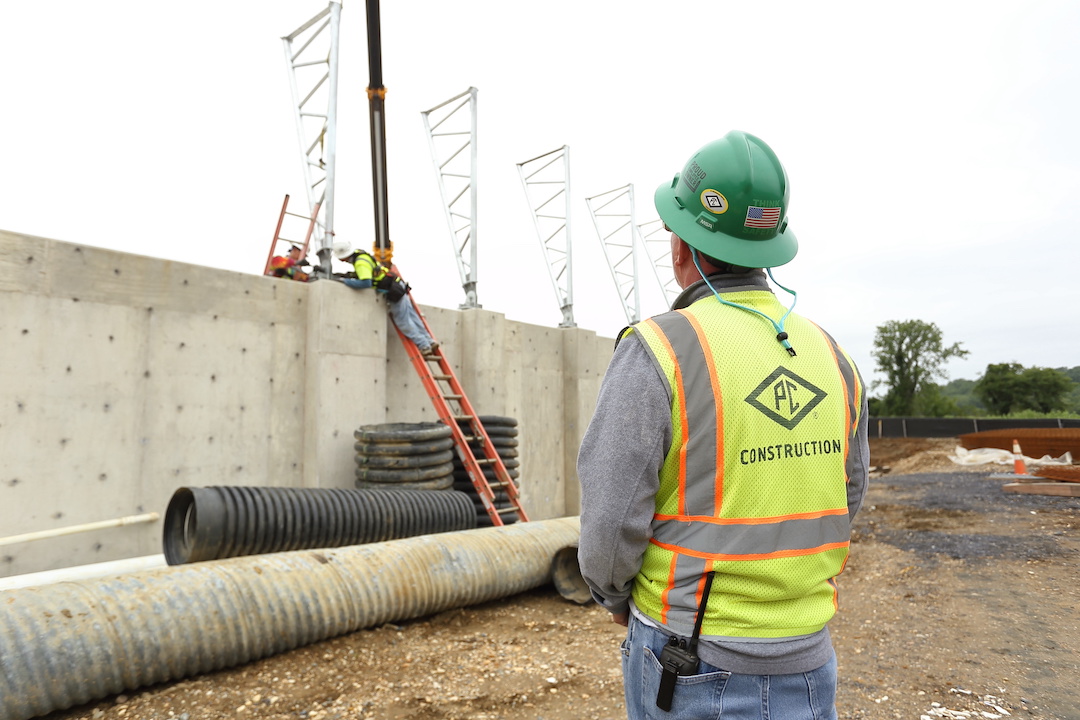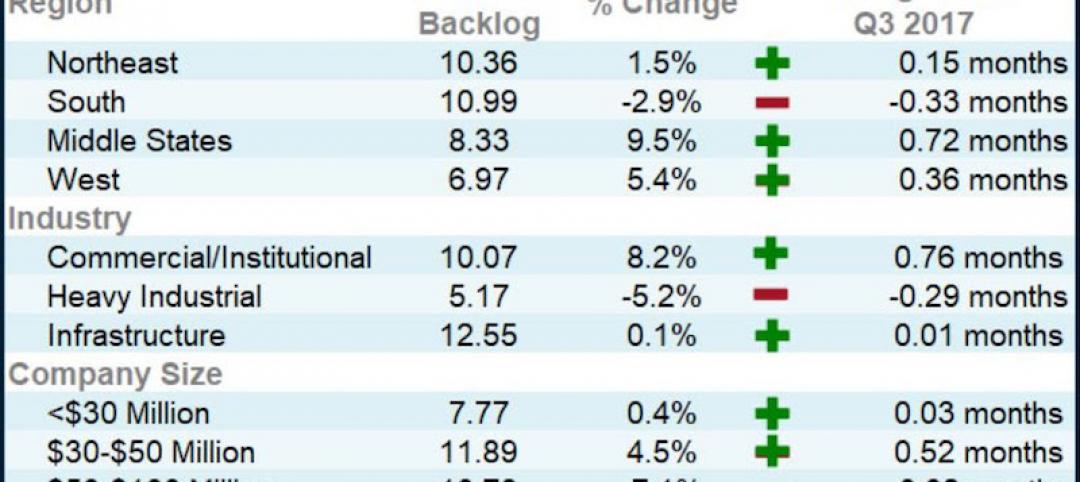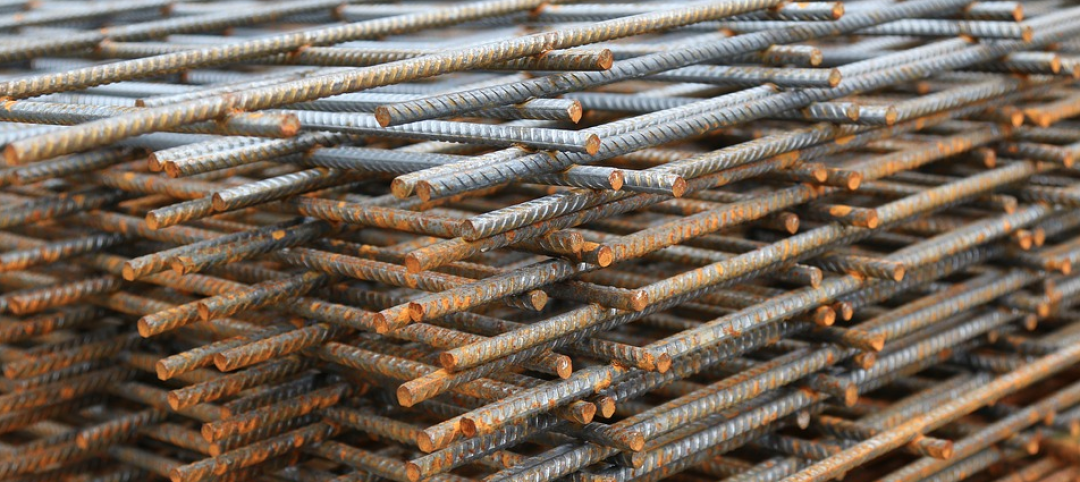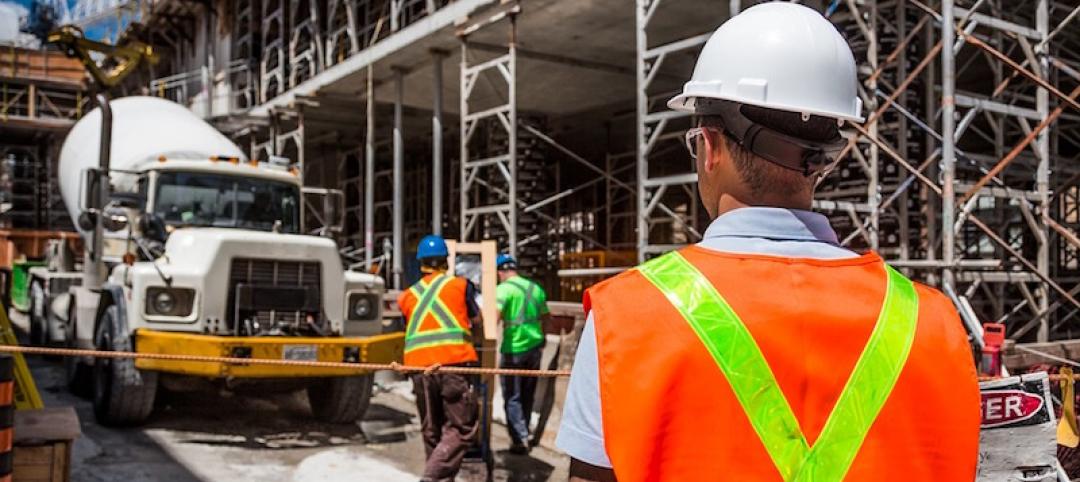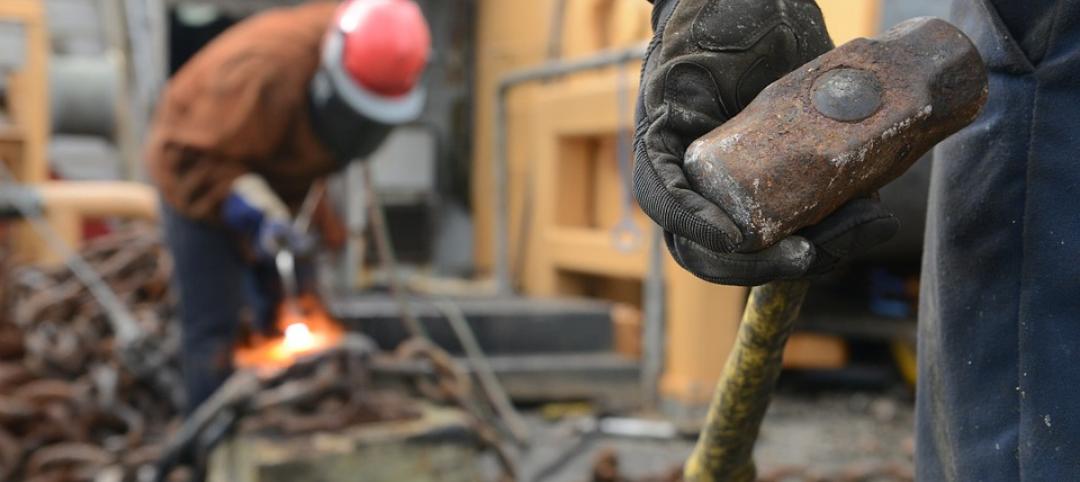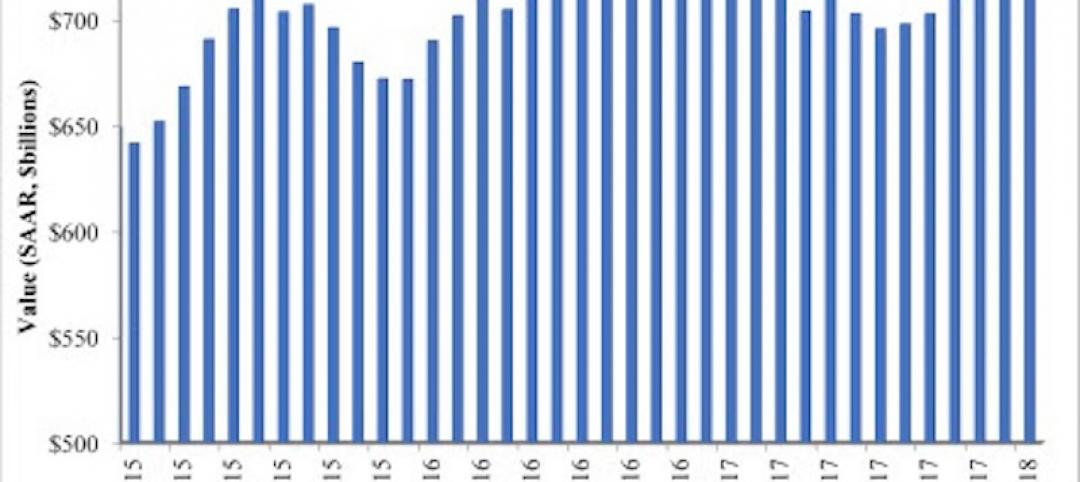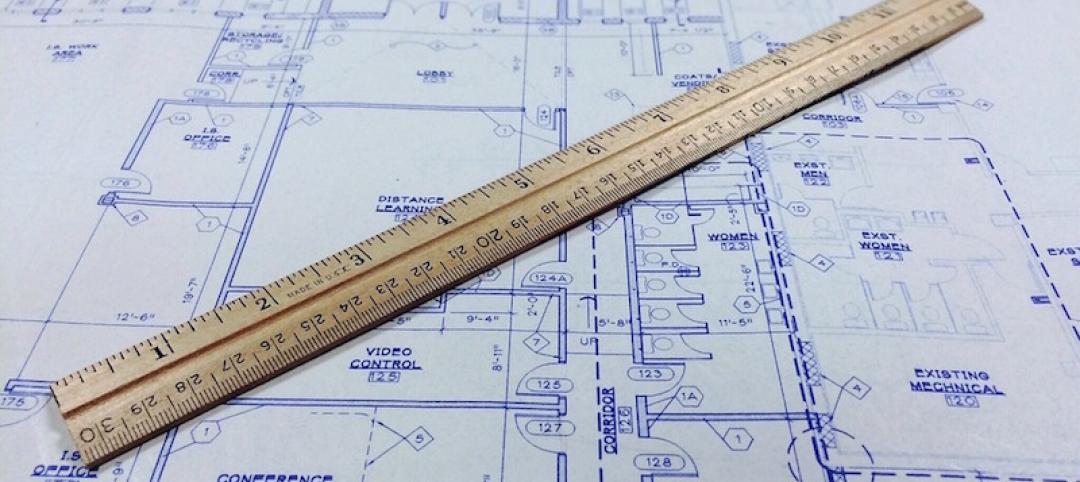The construction industry added 44,000 jobs between September and October as nonresidential construction firms posted back-to-back increases for the first time since January, according to an analysis by the Associated General Contractors of America of government data released today. Association officials said the employment gains were welcome news but cautioned that employment levels remain well-below pre-pandemic totals as firms struggle with supply chain problems, labor shortages and federal inaction on infrastructure funding.
“It is encouraging to see continuing job growth in nonresidential construction but the industry remains far behind the overall economy in recovering all of the job losses from the pandemic,” said Ken Simonson, the association’s chief economist. “Finding workers is a challenge after other sectors have hiring for much longer.”
Construction employment in October totaled 7,498,000, an increase of 44,000 since September. However, industry employment remained 150,000 below the pre-pandemic peak set in February 2020.
The nonresidential segment, comprising nonresidential building and specialty trade contractors plus heavy and civil engineering construction firms, added 33,000 employees in October, following a pickup of 25,800 in September. But nonresidential employment is 239,000 below the February 2020 level, as the sector has recovered only 63% of the jobs lost in the first two months of the pandemic.
Residential construction--including building contractors such as homebuilders, along with residential specialty trades--added 10,900 employees in October. Residential employment tops the February 2020 mark by 89,000. Simonson noted that the overall economy has regained 87% of the jobs lost between February and April 2020, an indication that many construction workers may have found jobs in homebuilding and remodeling or in other sectors.
Association officials urged members of the House of Representatives to quickly pass a federal infrastructure bill that received broad, bipartisan support in the Senate. They noted the new investments would help boost employment levels and improve overburdened distribution networks that are contributing to the supply chain problems. They also warned that new federal COVID vaccine mandates were likely to make it harder for firms that employ 100 or more people to retain and find new workers as the vaccine hesitant shift to smaller firms.
“House members should heed the lessons from this Tuesday’s elections and focus on passing bipartisan measures that will do much to boost our economy and improve supply chains,” said Stephen E. Sandherr, the association’s chief executive officer. “At the same time, we need to appreciate that having conflicting vaccine mandates for different types of firms is likely going to encourage the vaccine hesitant to work at places where the rules do not apply.”
Related Stories
Market Data | Mar 19, 2018
ABC's Construction Backlog Indicator hits a new high: 2018 poised to be a very strong year for construction spending
CBI is up by 1.36 months, or 16.3%, on a year-over-year basis.
Market Data | Mar 15, 2018
ABC: Construction materials prices continue to expand briskly in February
Compared to February 2017, prices are up 5.2%.
Market Data | Mar 14, 2018
AGC: Tariff increases threaten to make many project unaffordable
Construction costs escalated in February, driven by price increases for a wide range of building materials, including steel and aluminum.
Market Data | Mar 12, 2018
Construction employers add 61,000 jobs in February and 254,000 over the year
Hourly earnings rise 3.3% as sector strives to draw in new workers.
Steel Buildings | Mar 9, 2018
New steel and aluminum tariffs will hurt construction firms by raising materials costs; potential trade war will dampen demand, says AGC of America
Independent studies suggest the construction industry could lose nearly 30,000 jobs as a result of administration's new tariffs as many firms will be forced to absorb increased costs.
Market Data | Mar 8, 2018
Prioritizing your marketing initiatives
It’s time to take a comprehensive look at your plans and figure out the best way to get from Point A to Point B.
Market Data | Mar 6, 2018
Persistent workforce shortages challenge commercial construction industry as U.S. building demands continue to grow
To increase jobsite efficiency and improve labor productivity, increasingly more builders are turning to alternative construction solutions.
Market Data | Mar 2, 2018
Nonresidential construction spending dips slightly in January
Private nonresidential construction fell 1.5% for the month, while public sector nonresidential spending increased 1.9%.
Market Data | Feb 27, 2018
AIA small firm report: Half of employees have ownership stake in their firm
The American Institute of Architects has released its first-ever Small Firm Compensation Report.
Market Data | Feb 21, 2018
Strong start for architecture billings in 2018
The American Institute of Architects reported the January 2018 ABI score was 54.7, up from a score of 52.8 in the previous month.


